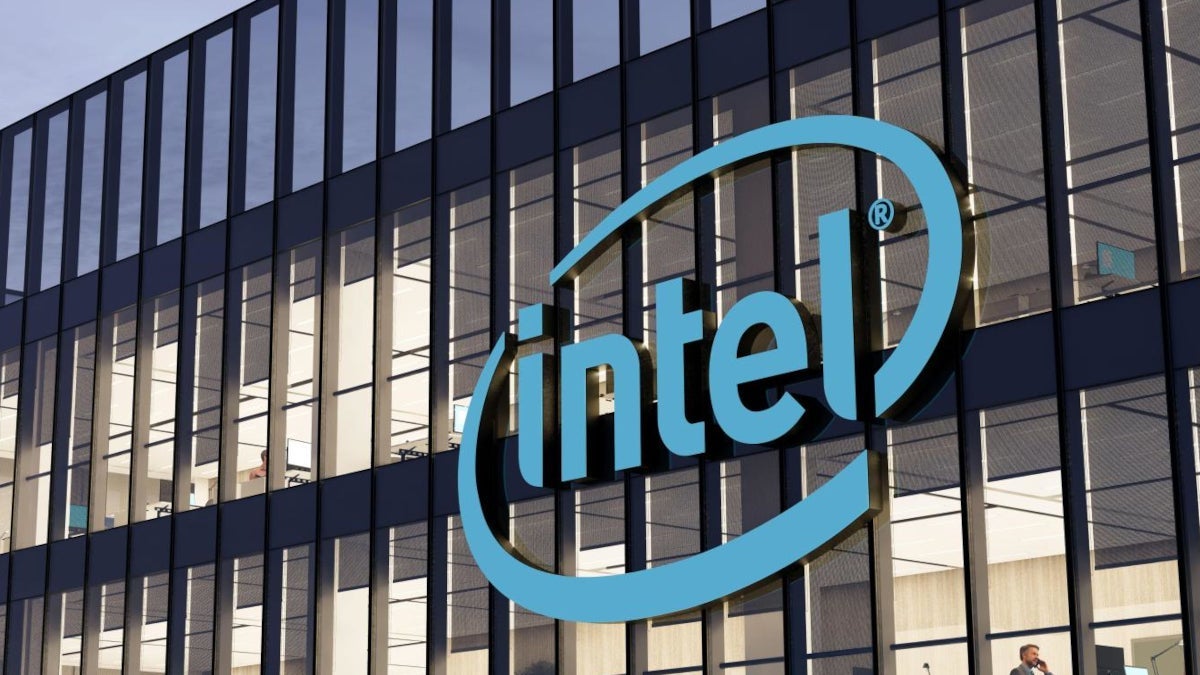

Intel’s shares are down a whopping 54% this year while Qualcomm’s shares are up 20.5% for the year-to-date. Qualcomm, headquartered in San Diego, is what is known as a fabless chip designer which means that it has to turn to a third-party foundry in order to have its chips made since it doesn’t own any fabrication facilities. In the past Qualcomm has turned to third party foundries such as TSMC and Samsung Foundry to build its Snapdragon components.
At one time, Intel was the most valuable chipmaker in the world. On Friday, following the release of the WSJ report that mentioned Qualcomm’s interest in Intel, the latter’s stock popped just before the 4 pm EDT close to finish the week at $21.84, up 70 cents or 3.31% for the day. Qualcomm’s shares did the opposite of Intel’s as it collapsed just before the close falling $5 or 2.87% to $168.92.
While adding Intel’s chips to Qualcomm’s would allow Qualcomm to offer chips for a wider range of products from smartphones to computers, the deal would also allow Qualcomm to take on Nvidia, the leader in AI chips. And Intel is close to receiving $8.5 billion from the U.S. to build foundries in the U.S. Intel has been trying to crack the contract foundry business manufacturing chips for third-party “fabless” firms, a business dominated by TSMC and, to a lesser degree, by Samsung Foundry.
Qualcomm was in talks with Intel to have the company build some of its chips but Qualcomm decided to drop this for now and Intel hasn’t been able to generate enough business to throw more money at the project. Qualcomm sells Snapdragon application processor chips that help smartphones handle and complete tasks. Its modem chips help connect smartphones to the internet.
While Intel was once the most valuable chip company by market value, it now has fallen behind Qualcomm, Broadcom, Texas Instruments and AMD. Intel even announced last month that it planned to layoff thousands of employees and halt dividend payments.
Some have suggested dividing the company into two parts with one company focusing on chip design and the other chip manufacturing. But this might not be possible immediately since Intel’s manufacturing unit is losing money and outside of building chips for Intel itself, the company has not been able to generate a steady stream of customers for its foundry operation.
The largest tech acquisition ever was Microsoft’s $69 billion purchase of Activision Blizzard. That deal closed last year. A Qualcomm purchase of Intel will certainly set a new record. But that isn’t what is on Qualcomm’s mind. The company could end up with control of the fabs that Intel was planning to use for its contract foundry business. Eventually, Qualcomm could be able to build its own smartphone chips without having to worry about Samsung Foundry’s yields or TSMC’s pricing.





